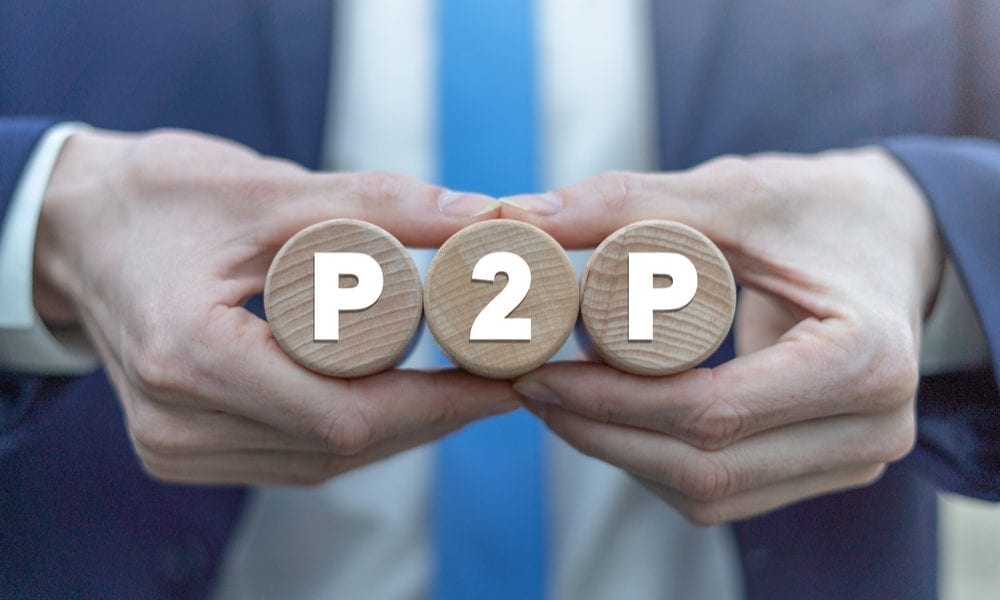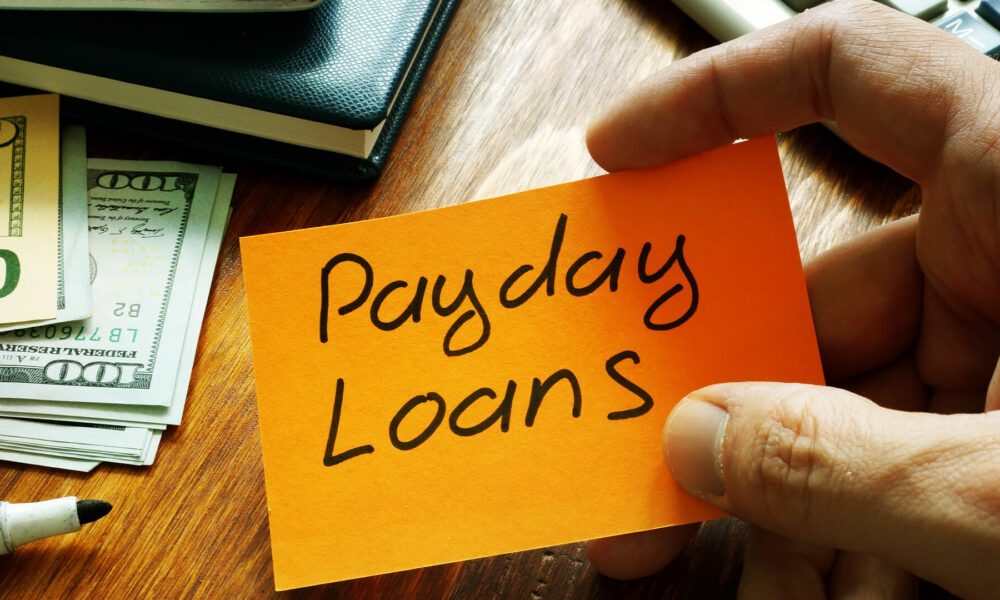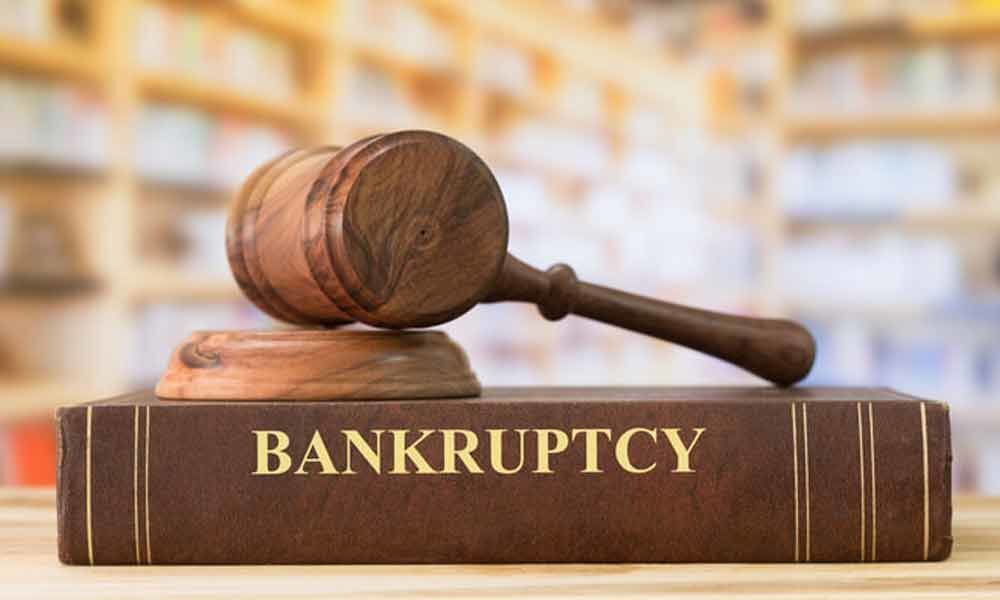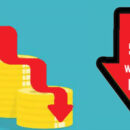The Impact of Behavioral Economics on Personal Finance Decisions
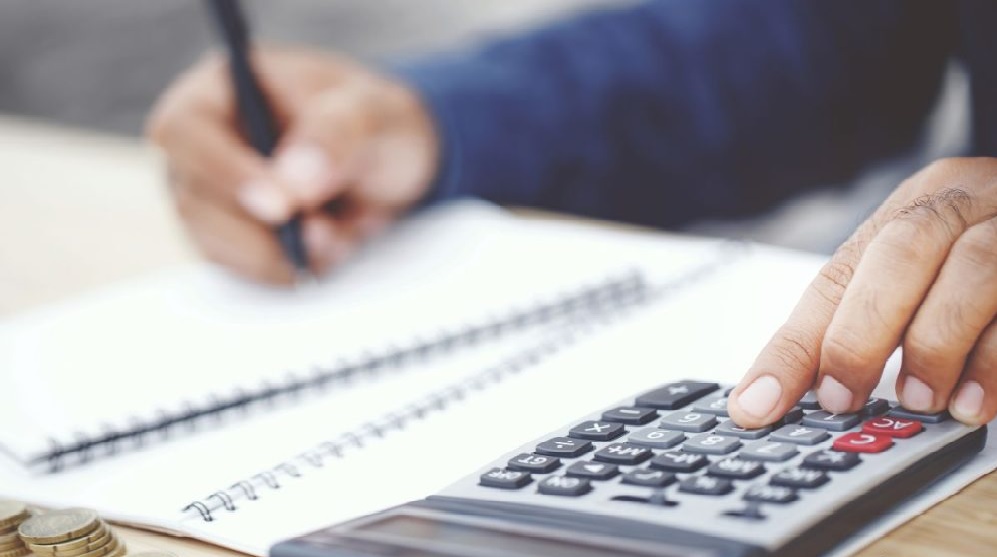
Behavioral economics is a field of study that combines psychology and economics to understand how people make decisions. It has had a significant impact on personal finance decisions because it has highlighted the irrationality of human behavior when it comes to money. Traditional economics theory assumes that individuals behave rationally, but behavioral economics has shown that this is not always the case.
The Role of Emotions
One of the key findings of behavioral economics is that emotions play a significant role in decision-making. When it comes to personal finance decisions, emotions such as fear, greed, and anxiety can influence our choices. For example, fear of missing out (FOMO) can lead individuals to make risky investments, while greed can lead to overspending and debt. Understanding the emotional drivers behind our financial decisions can help us make better choices.
The Power of Framing

Another important concept in behavioral economics is framing. This refers to the way in which information is presented, which can influence our decisions. For example, if a product is presented as 90% fat-free, we are more likely to buy it than if it is presented as 10% fat. Similarly, when it comes to personal finance decisions, how information is framed can impact our choices. For example, if we are presented with a choice between saving $100 now or $150 in a year, we are more likely to choose the immediate gratification of $100, even though $150 is the better financial choice.
The Impact of Social Norms
Behavioral economics has also shown that social norms can influence our behavior. We are more likely to conform to the behavior of those around us, even if it goes against our own best interests. For example, if our friends are all spending money on expensive vacations, we may feel pressure to do the same, even if it means going into debt. Understanding the impact of social norms on our financial decisions can help us make more rational choices.
The Importance of Default Options
Finally, behavioral economics has highlighted the importance of default options. This refers to the option that is chosen if we do not actively make a decision. For example, if we are automatically enrolled in a retirement savings plan, we are more likely to save for retirement than if we have to actively choose to enroll. Default options can be powerful tools for encouraging positive financial behavior.
Behavioral economics has had a significant impact on personal finance decisions by highlighting the irrationality of human behavior when it comes to money. Understanding the emotional drivers behind our financial decisions, the power of framing, the impact of social norms, and the importance of default options can help us make more rational choices. By applying the insights from behavioral economics, we can improve our financial well-being and achieve our long-term financial goals.
